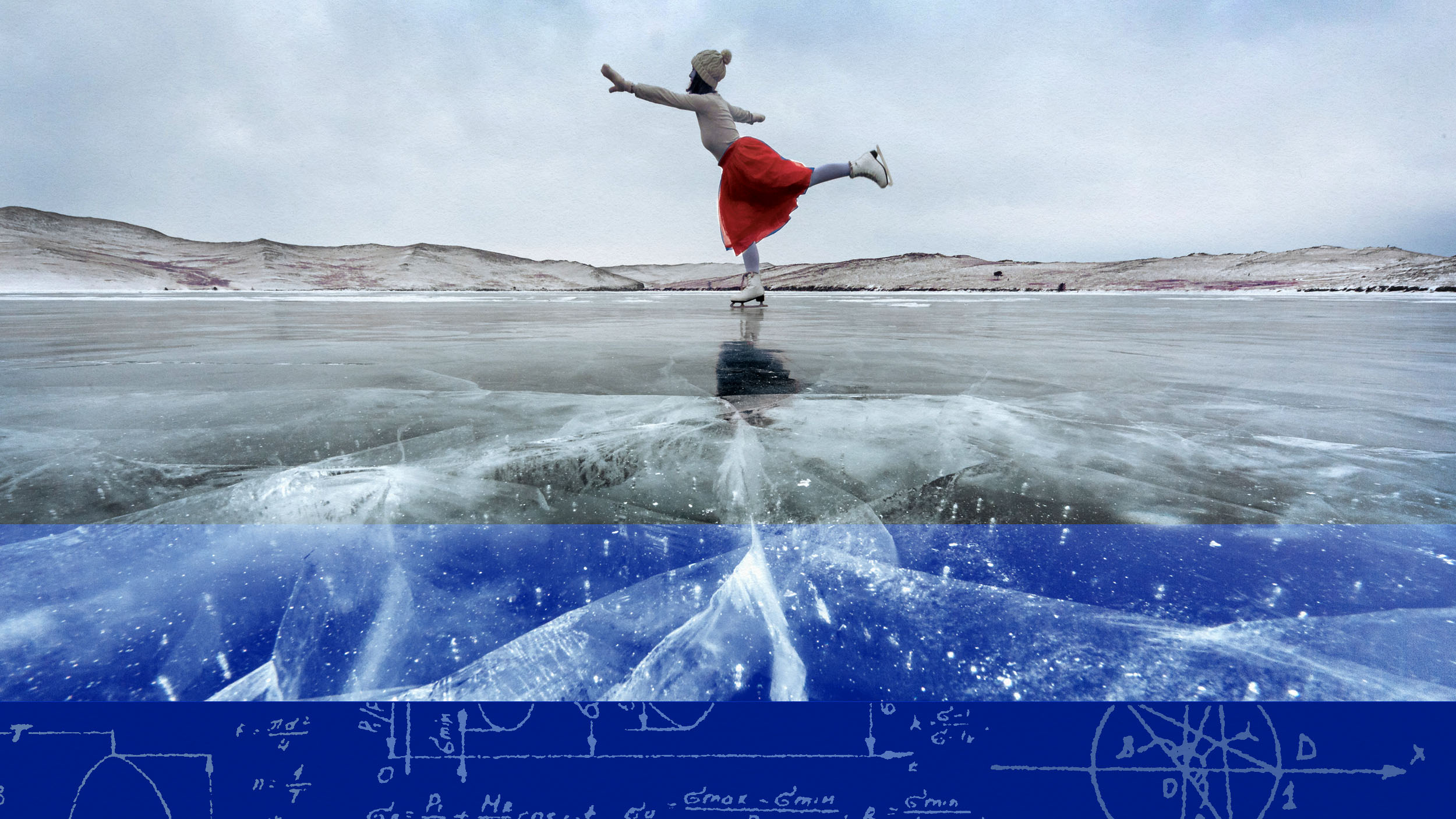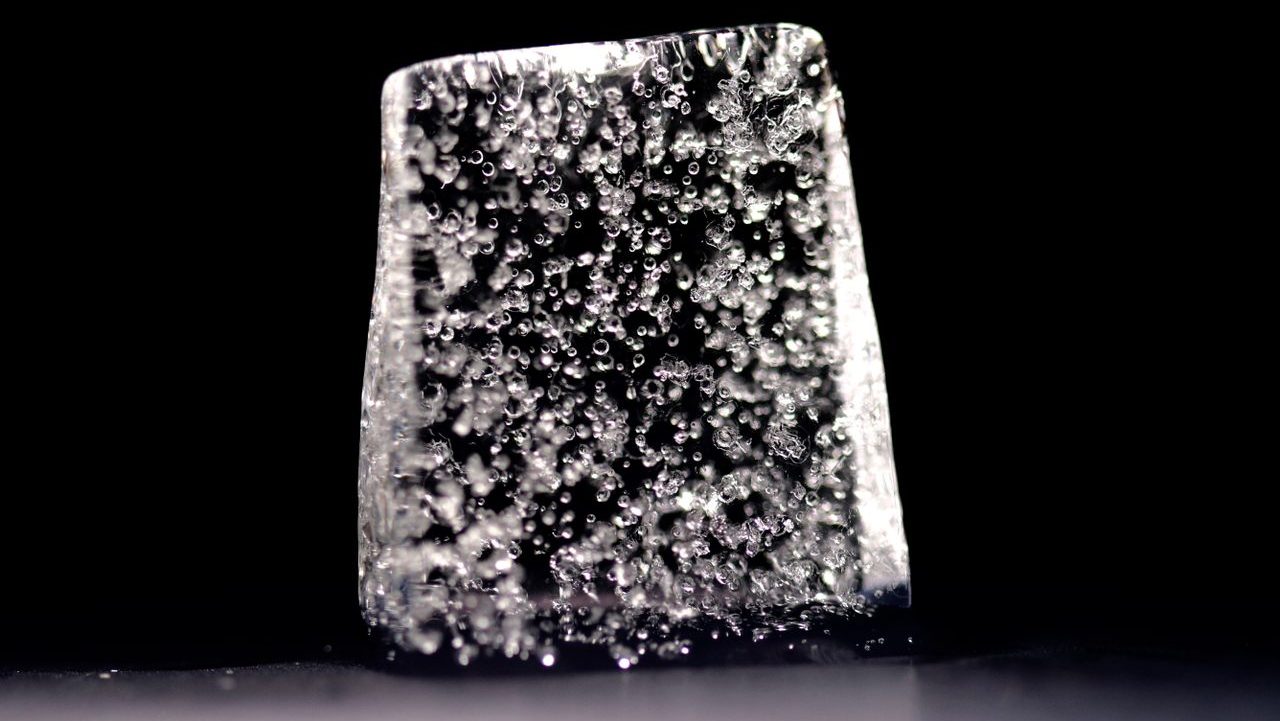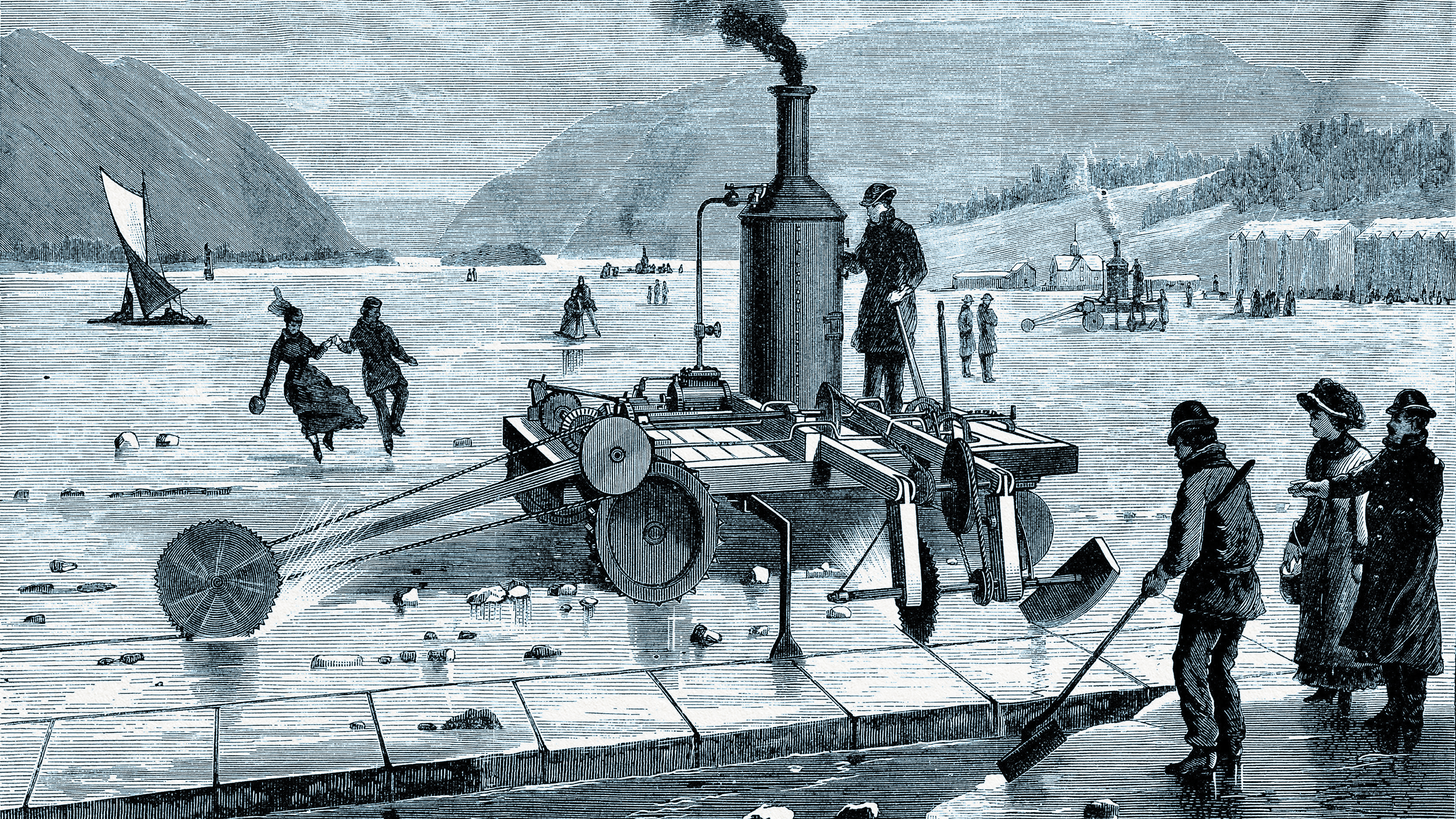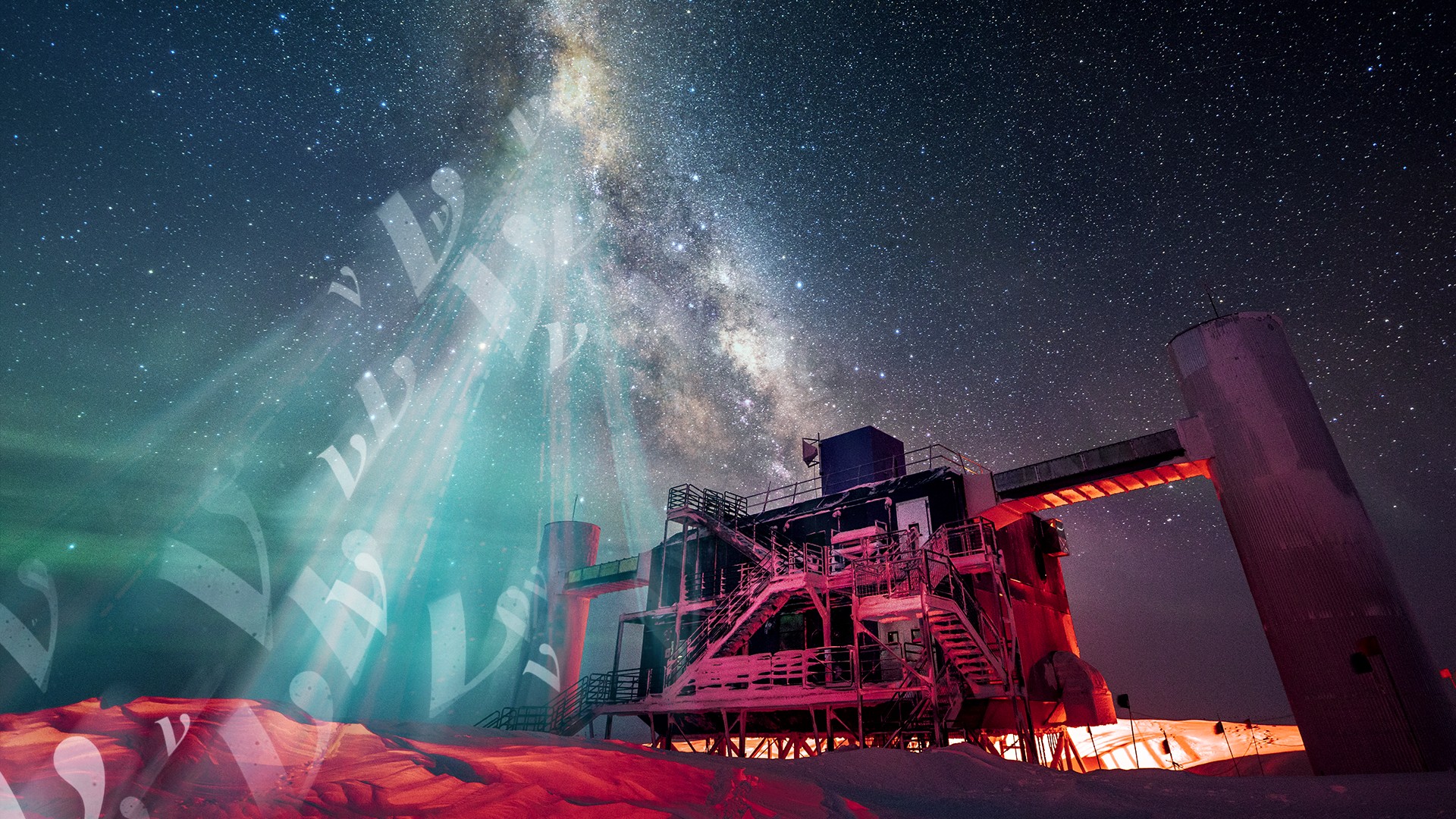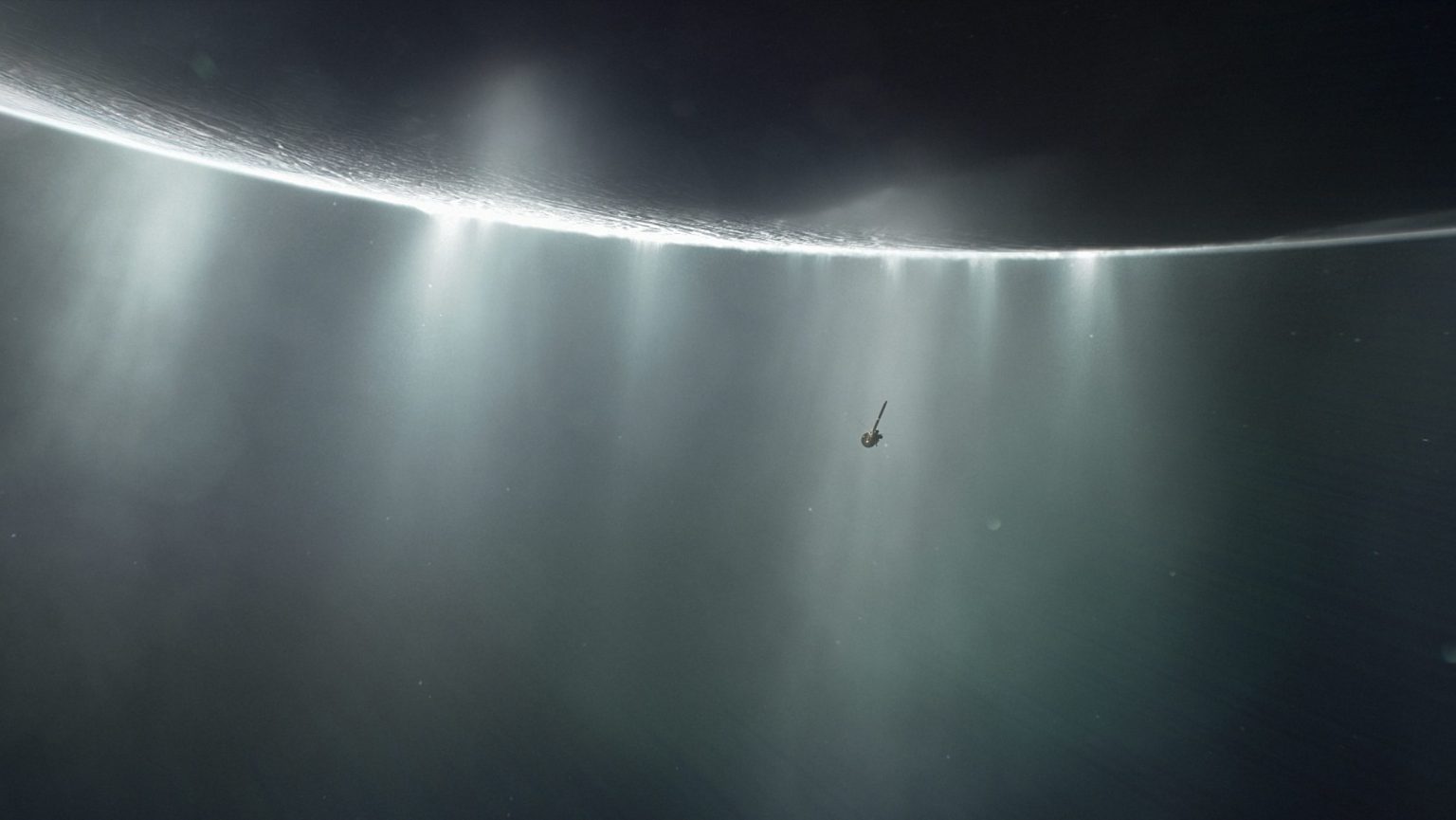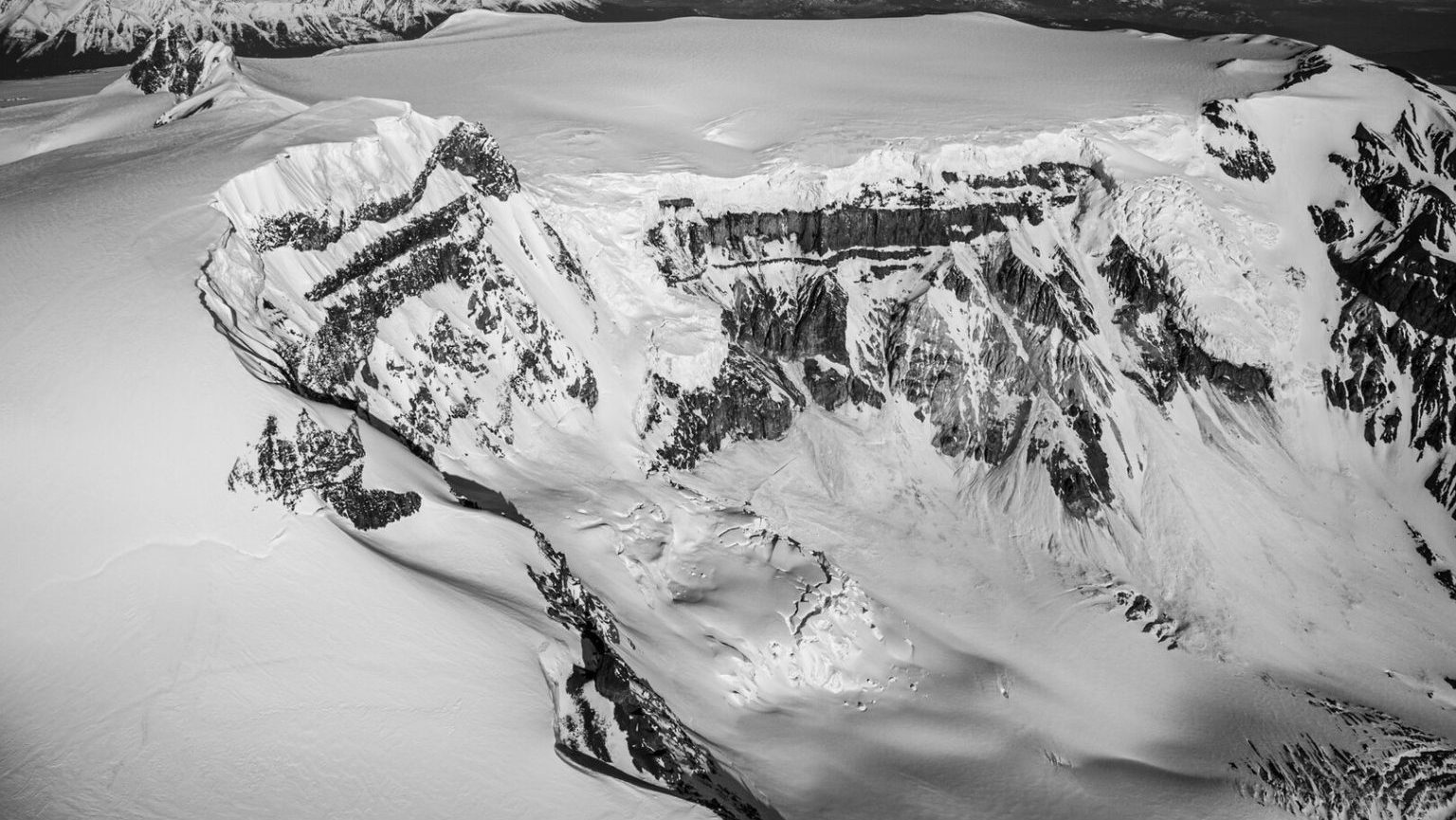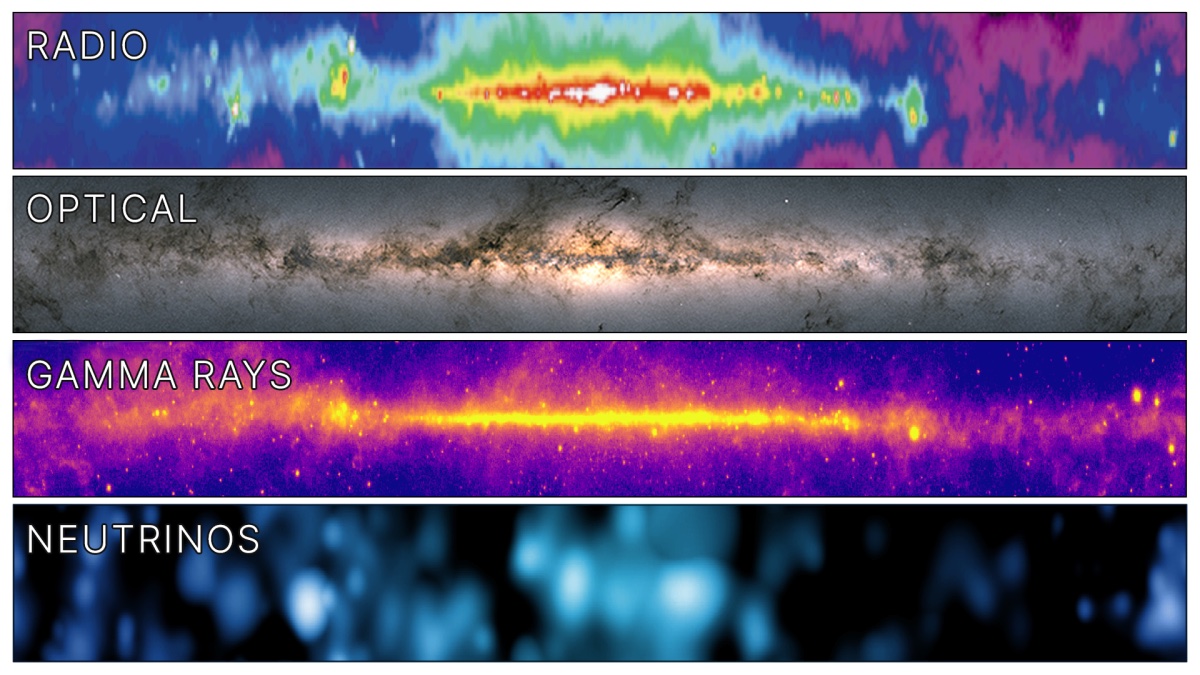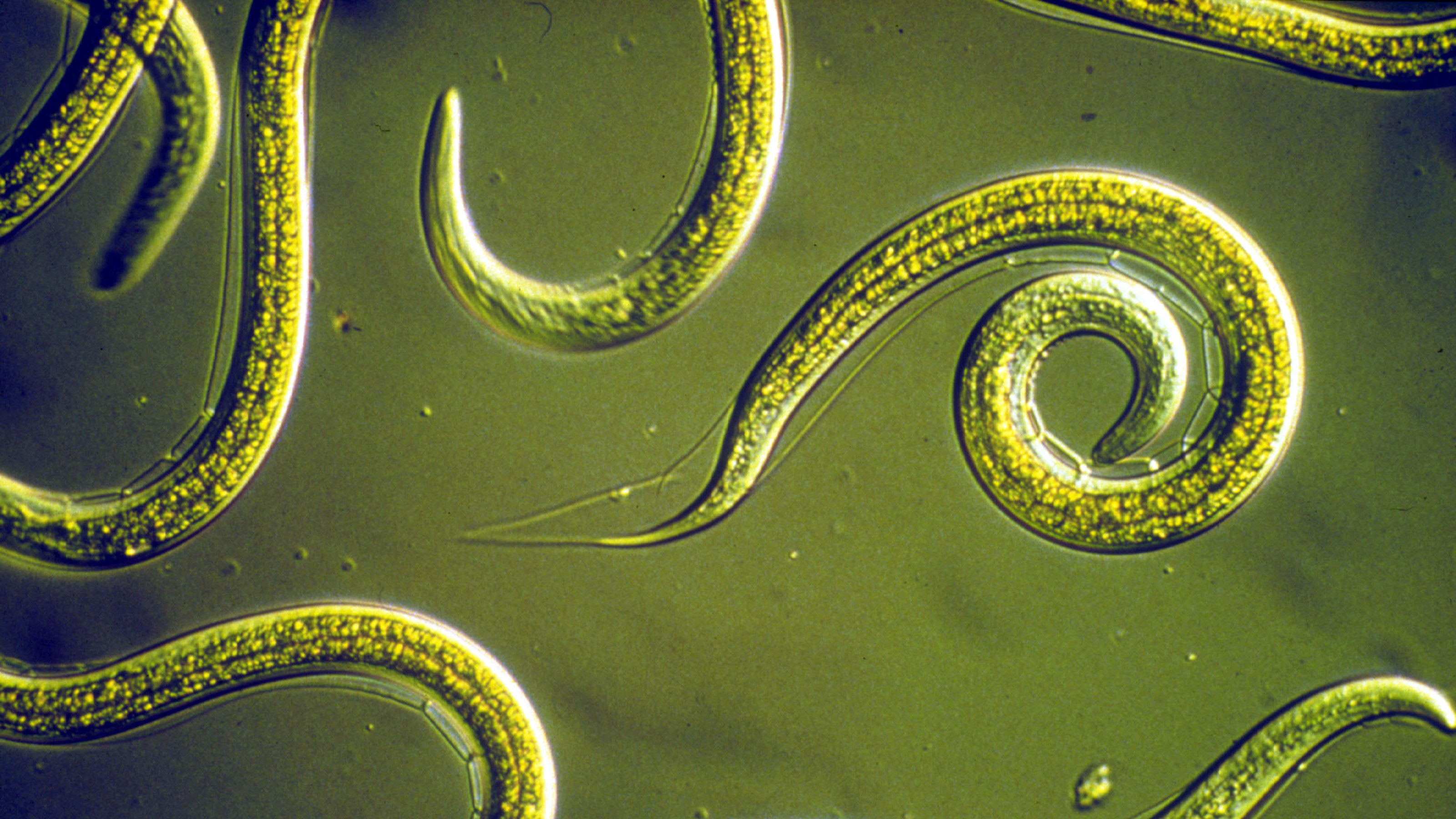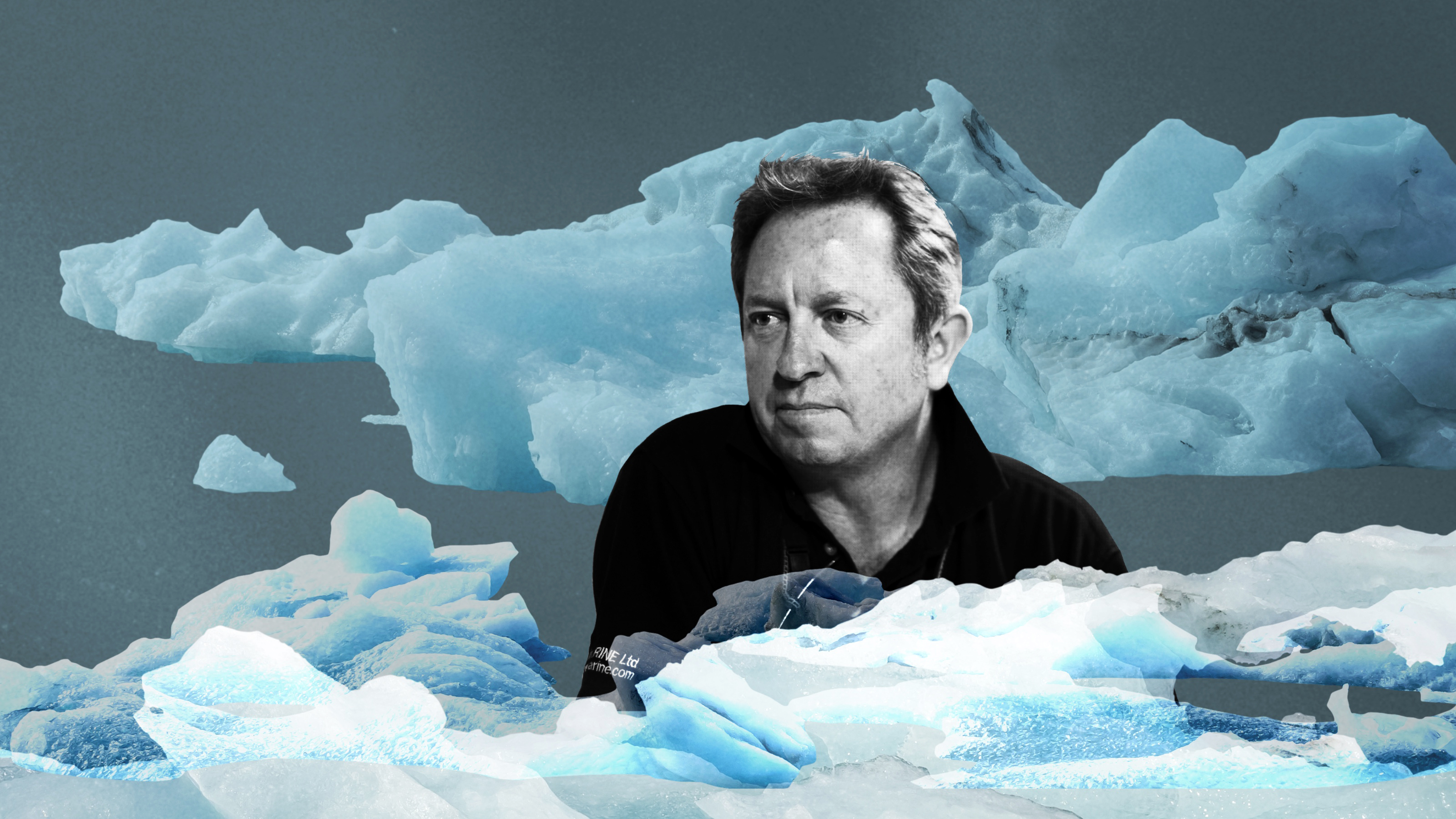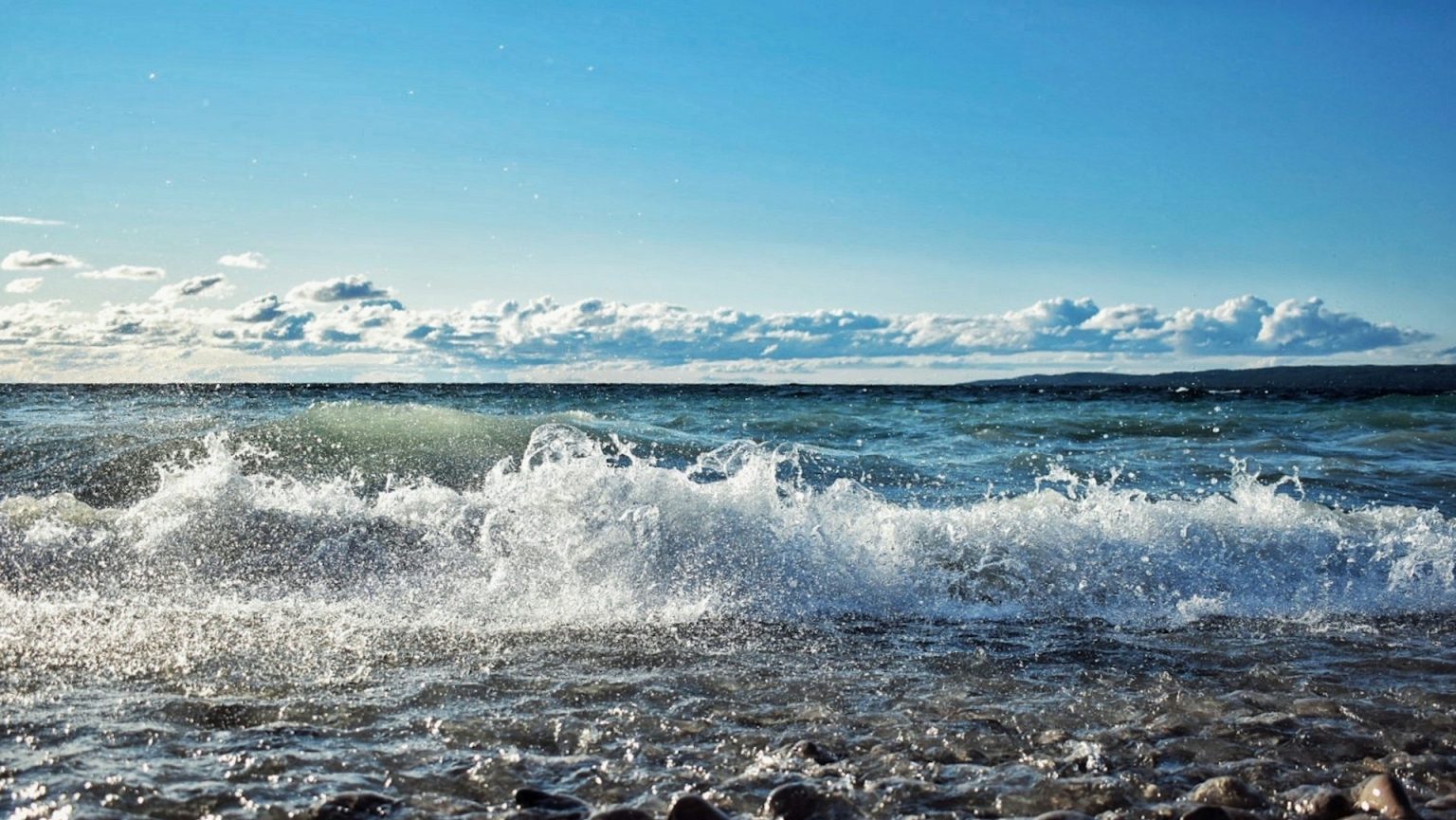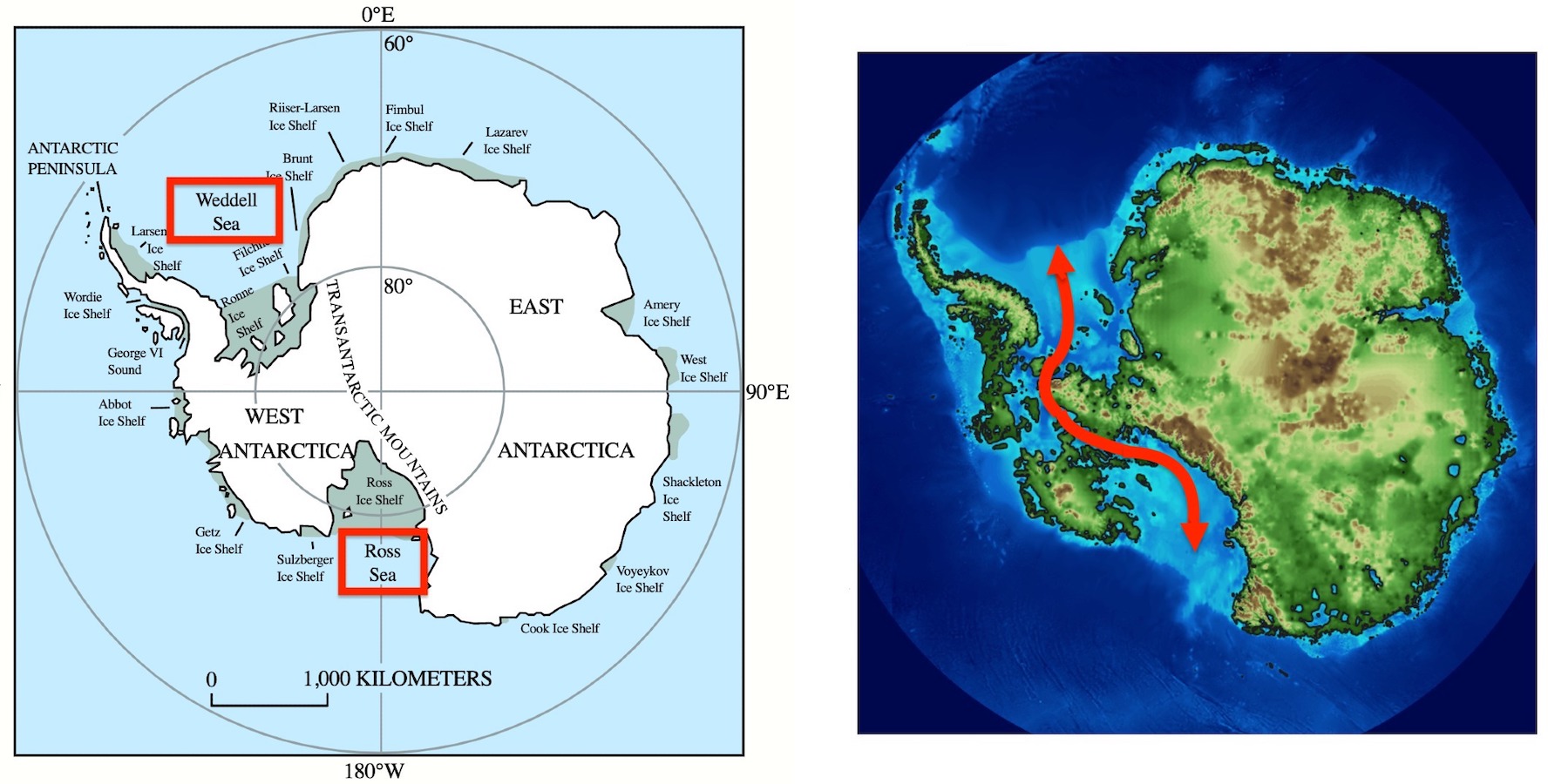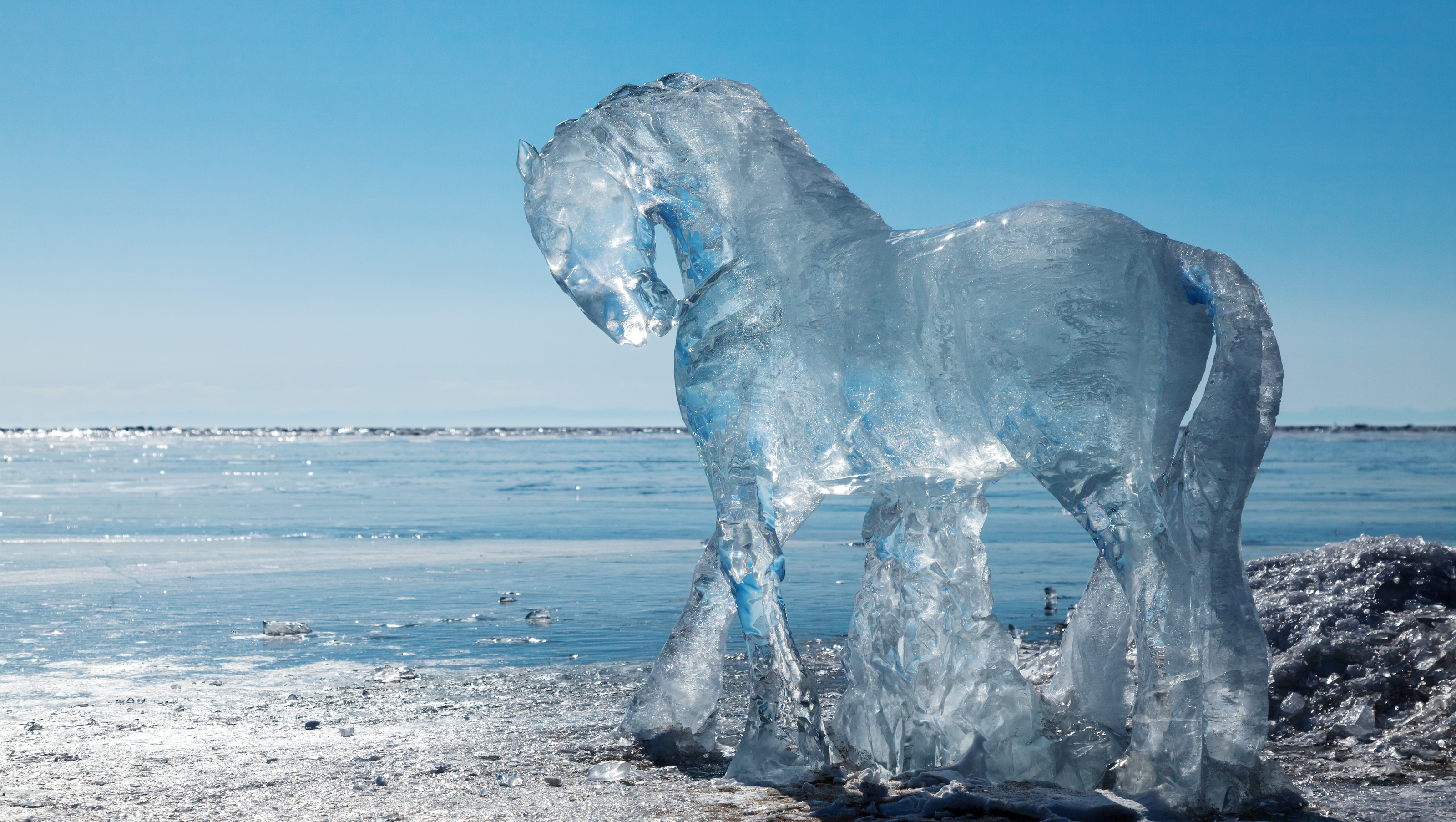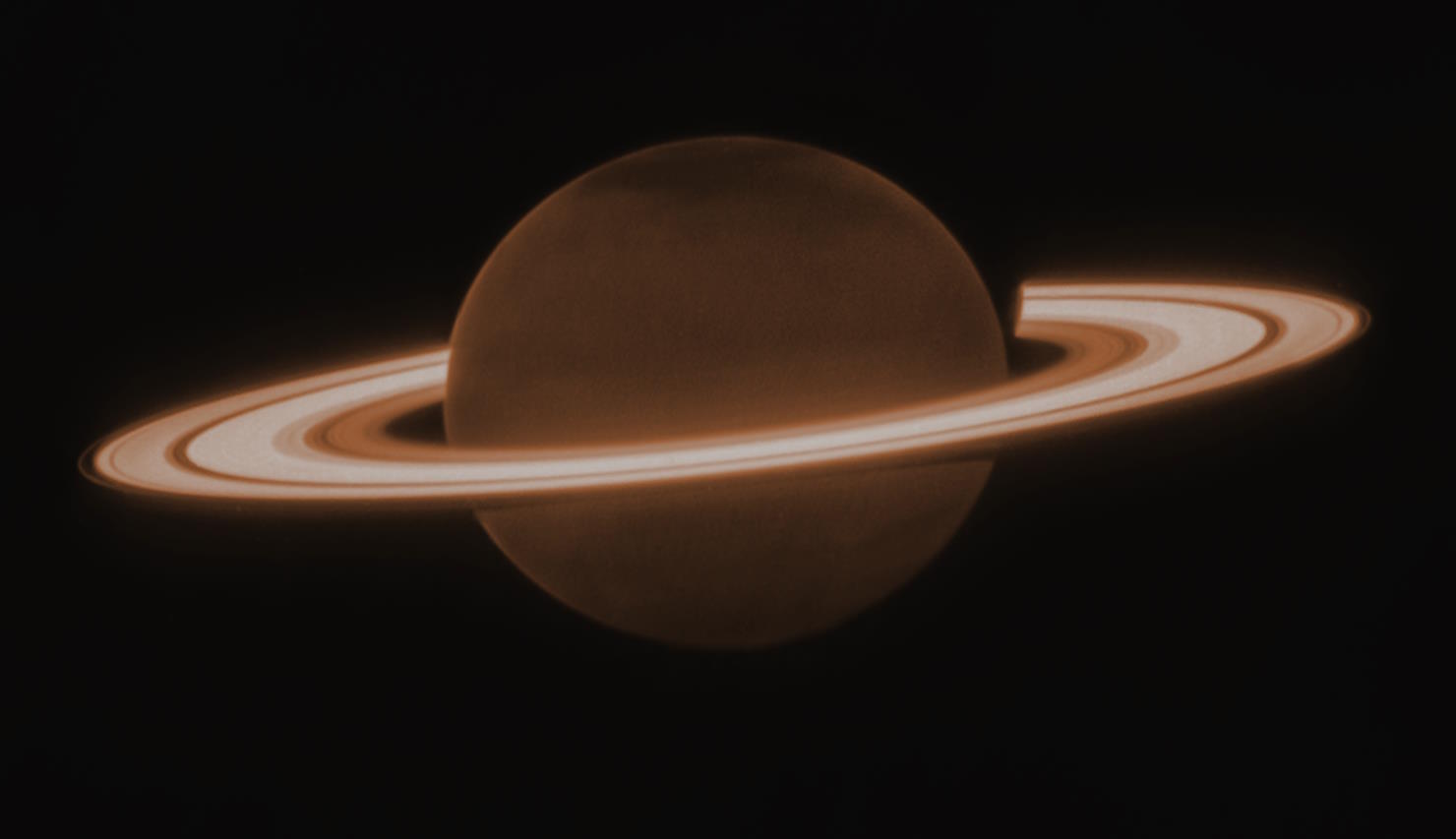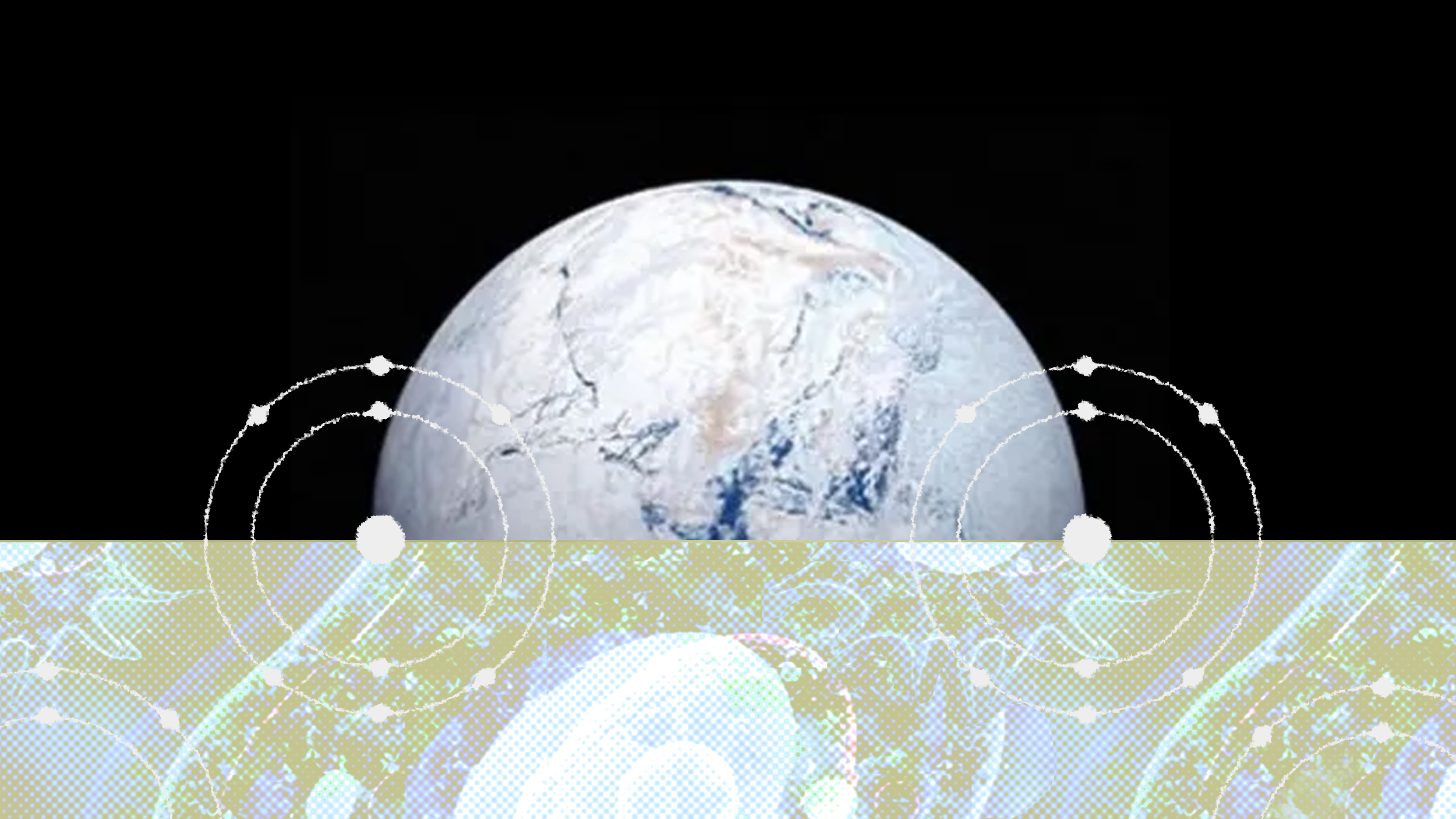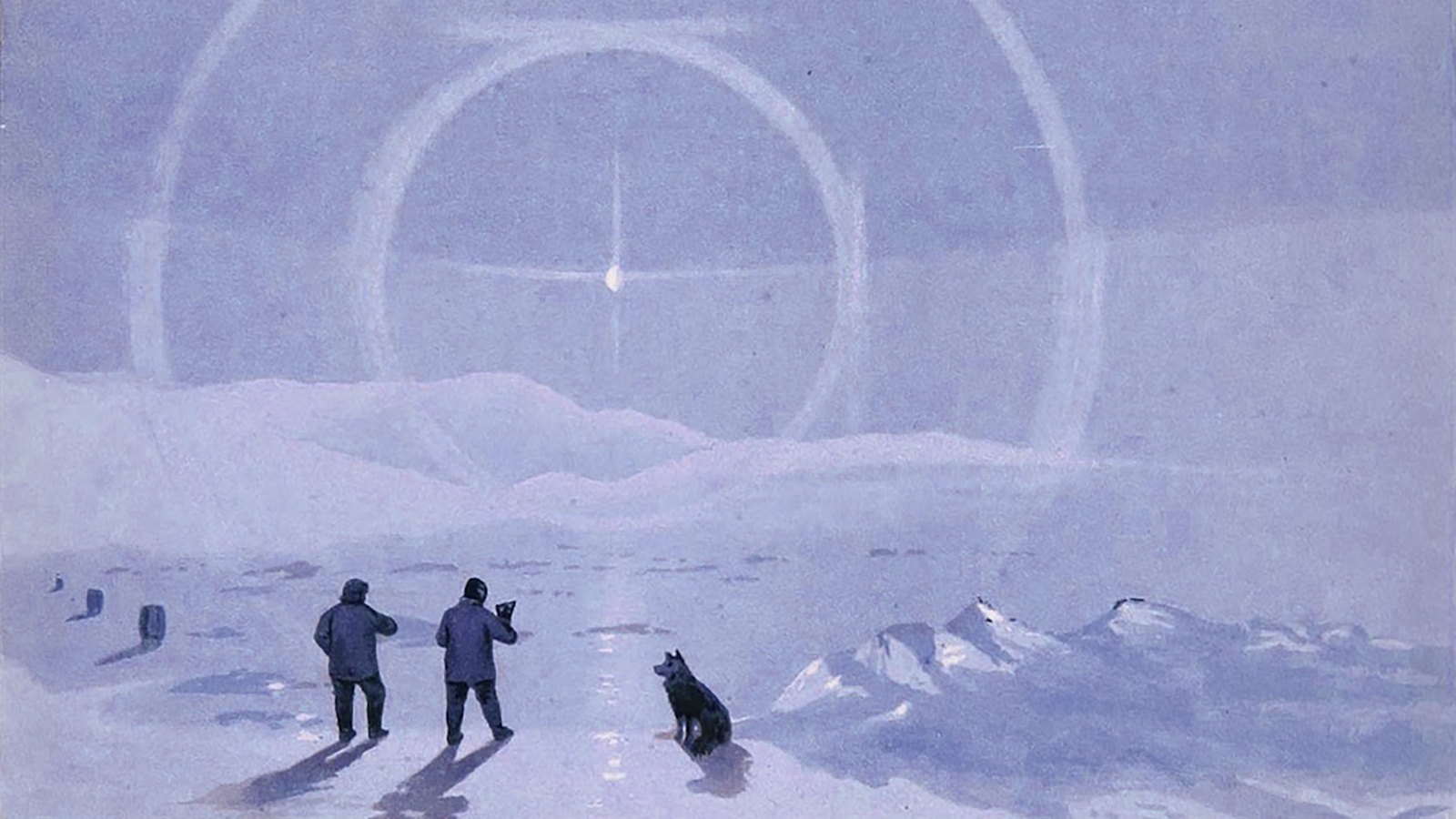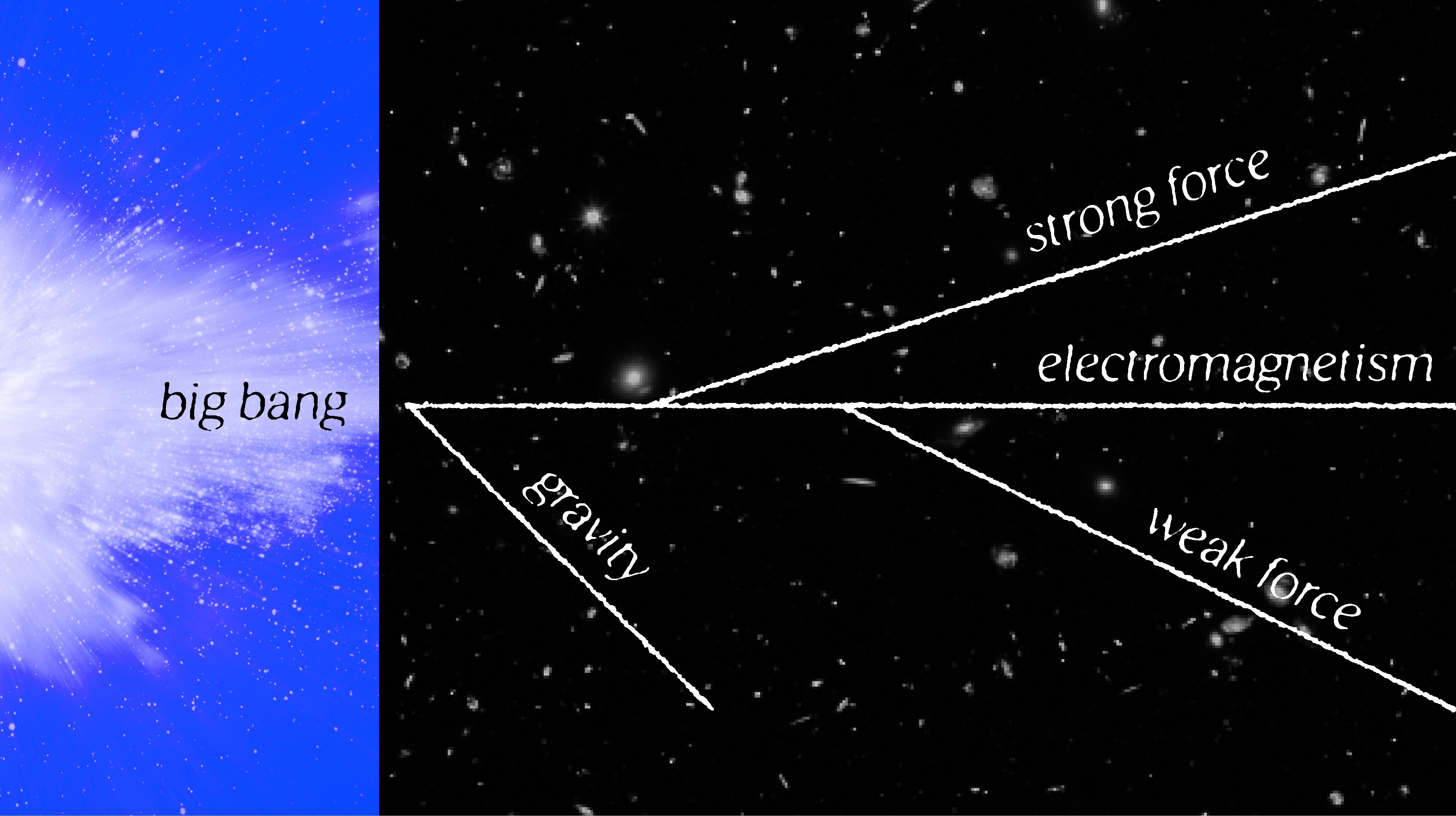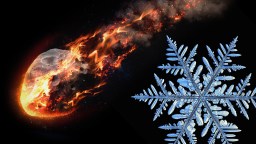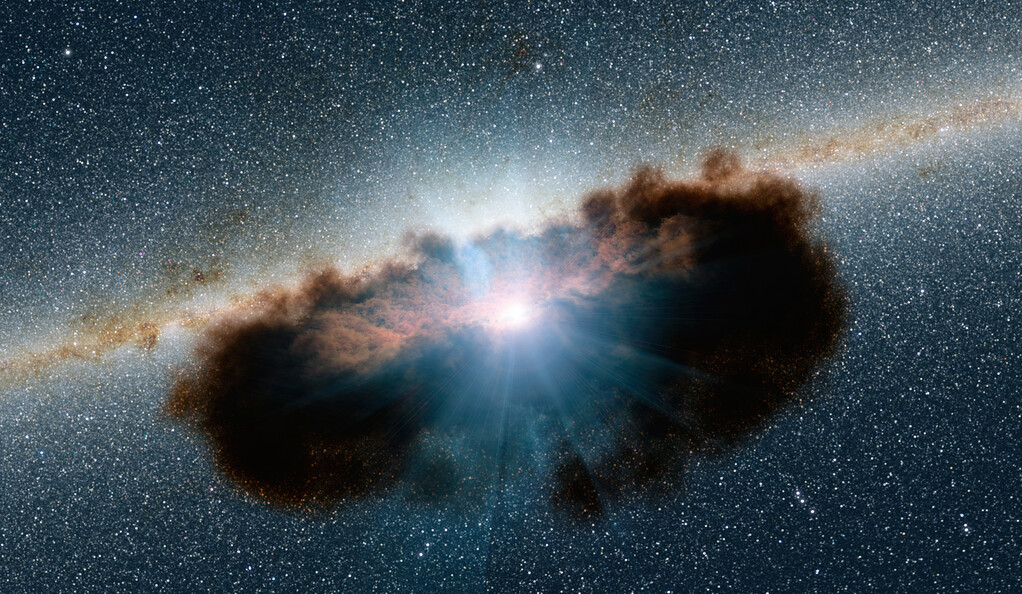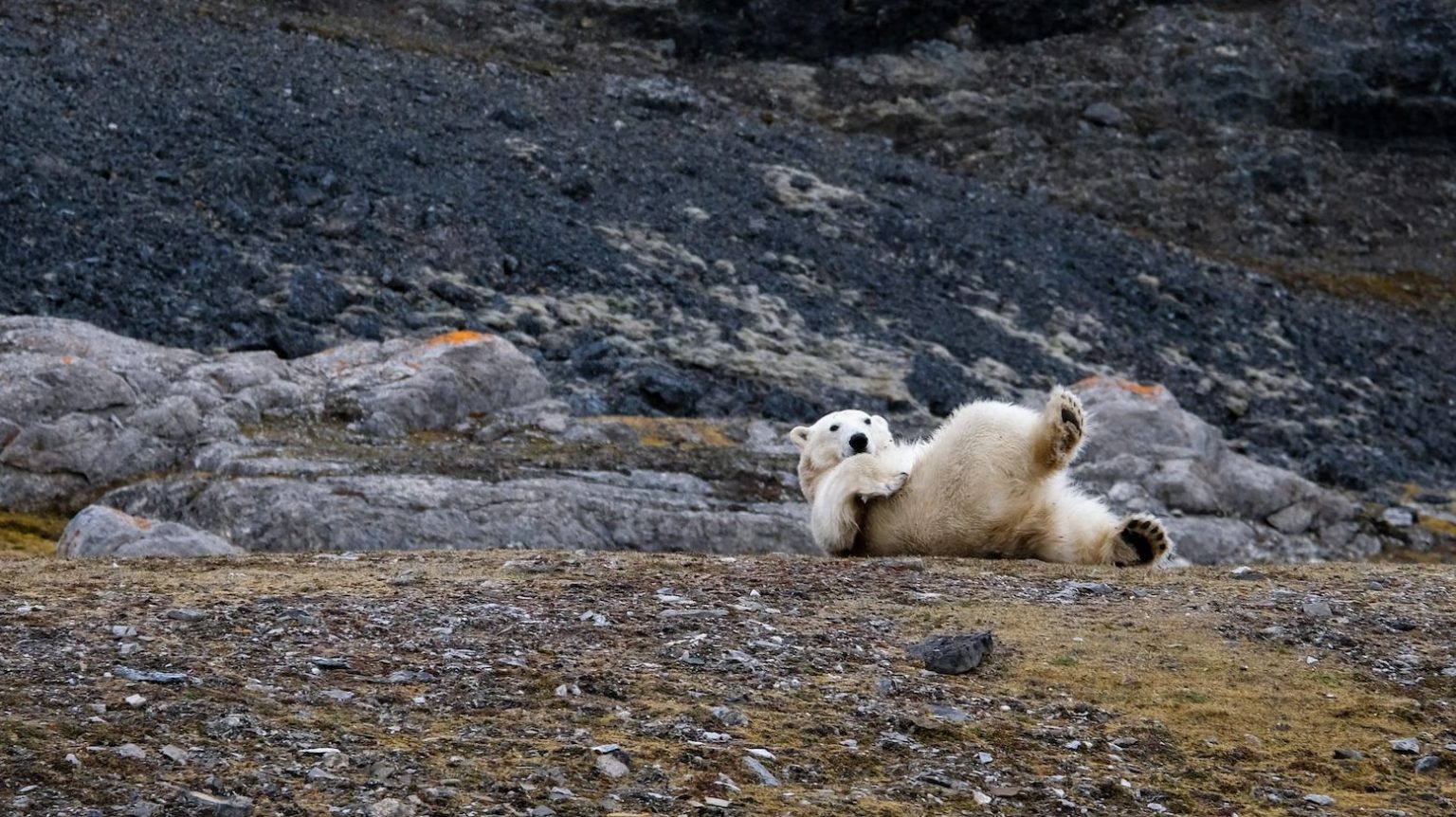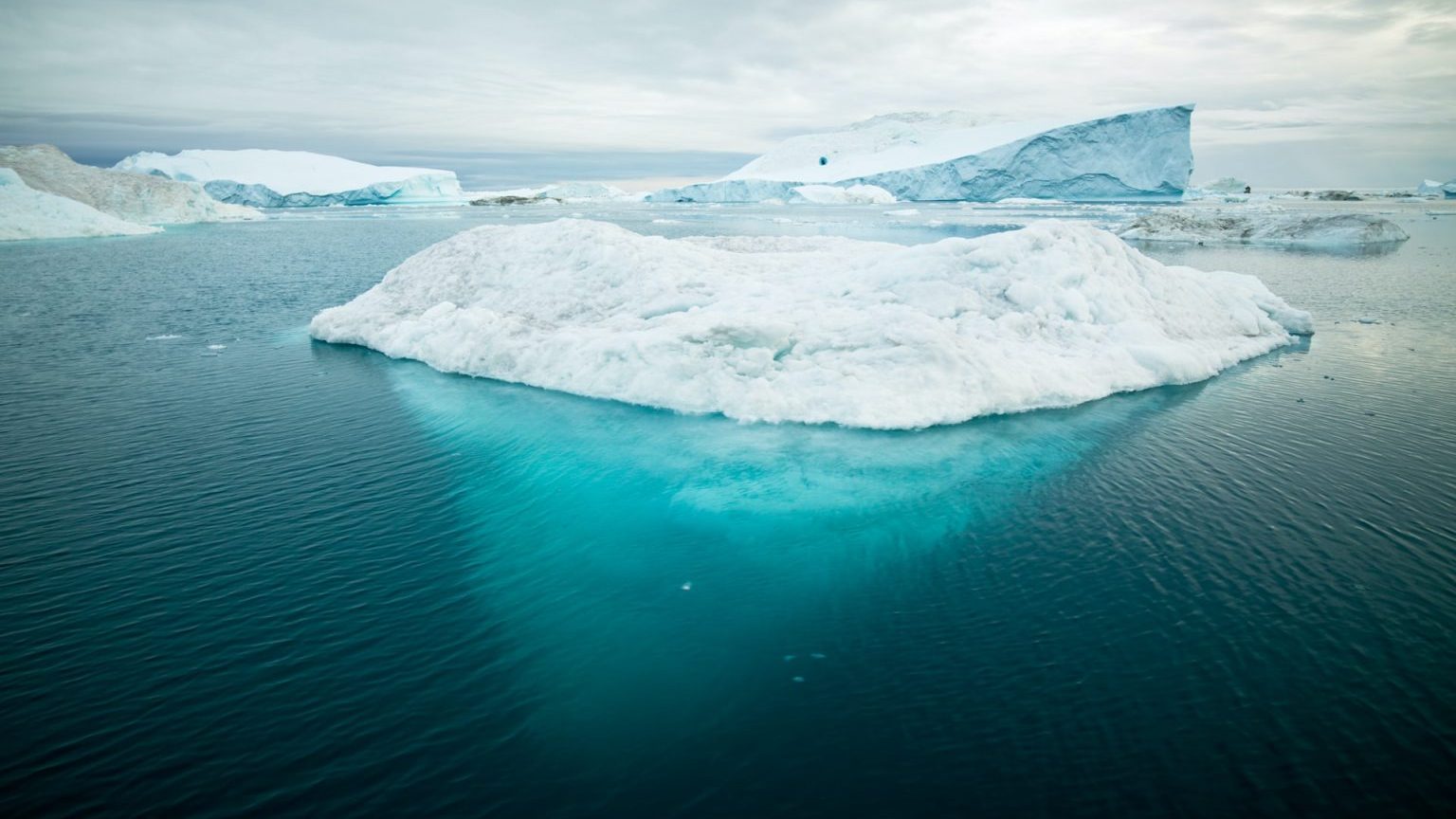While ice itself is slick, slippery, and difficult to navigate across under most circumstances, skaters easily glide across the ice.
Search Results
You searched for: ice
Plagues, war, and genocide were literally frozen in time.
Ice harvesters once made a living from frozen lakes and ponds, but the work was strenuous and dangerous. Then refrigeration changed everything.
IceCube scientists have detected high-energy tau neutrinos from deep space, suggesting that neutrino transformations occur not only in lab experiments but also over cosmic distances.
This research team is working out how to detect extraterrestrial cells in the liquid water ocean hidden beneath Enceladus’s icy crust.
If there’s life lurking on the moons of Saturn and Jupiter, could our instruments even detect it?
Along with obsidian that dazzled scientists in Canada.
The path of a curling stone on ice — and how it can be influenced — is a revealing metaphor for life’s decisions.
As Marcel Proust said, “The real voyage of discovery… consists not in seeking new landscapes, but in having new eyes.”
These nematodes complicate how we understand evolutionary lineages.
There may be more energy in methane hydrates than in all the world’s oil, coal, and gas combined. It could be the perfect “bridge fuel” to a clean energy future.
Simple physics makes hauling vast ice chunks thousands of miles fiendishly difficult — but not impossible.
Skilled hunters adapted to the changing landscape and left tantalizing clues to who they were.
Two populations that are geographically separated today once mated a very long time ago.
Seneca thought the use of ice was a “true fever of the most malignant kind.”
U.S. particle physicists recently recommended a list of major research projects that they hope will receive federal funding.
While Saturn and its moons all appear faint and cloudy to JWST, Saturn’s rings are the star of the show. Here’s the big scientific reason.
Known as the Great Oxygenation Event, Earth froze over as oxygen accumulated in our atmosphere, nearly driving all life extinct.
What we’ve learning from the world’s coldest, most forbidding, and most peaceful continent.
Frozen adversity set the stage for an explosion of diversity.
Ancient currents seemed to move in concert with a 2.4 million-year dance between the Red Planet and Earth.
The problem of the electroweak horizon haunts the standard model of cosmology and beckons us to ask how deep a rethink the model may need.
Humanity has two giant collisions to thank for its existence, explains biologist Sean B. Carroll.
▸
11 min
—
with
IceCube just found an active galaxy in the nearby Universe, 47 million light-years away, through its neutrino emissions: a cosmic first.
There are at least 15 different types of solid water (ice). Now, scientists believe that there might be a second type of liquid water.
The jail environment teaches the animals that approaching humans results in a boring and annoying experience.
The threats Mars astronauts face — and how NASA is working to solve them.
Passing chunks of ice can fertilize ocean waters and play a role in the planet’s carbon cycle.
It’s like radar, but with light. Distributed acoustic sensing — DAS — picks up tremors from volcanoes, quaking ice and deep-sea faults, as well as traffic rumbles and whale calls.
